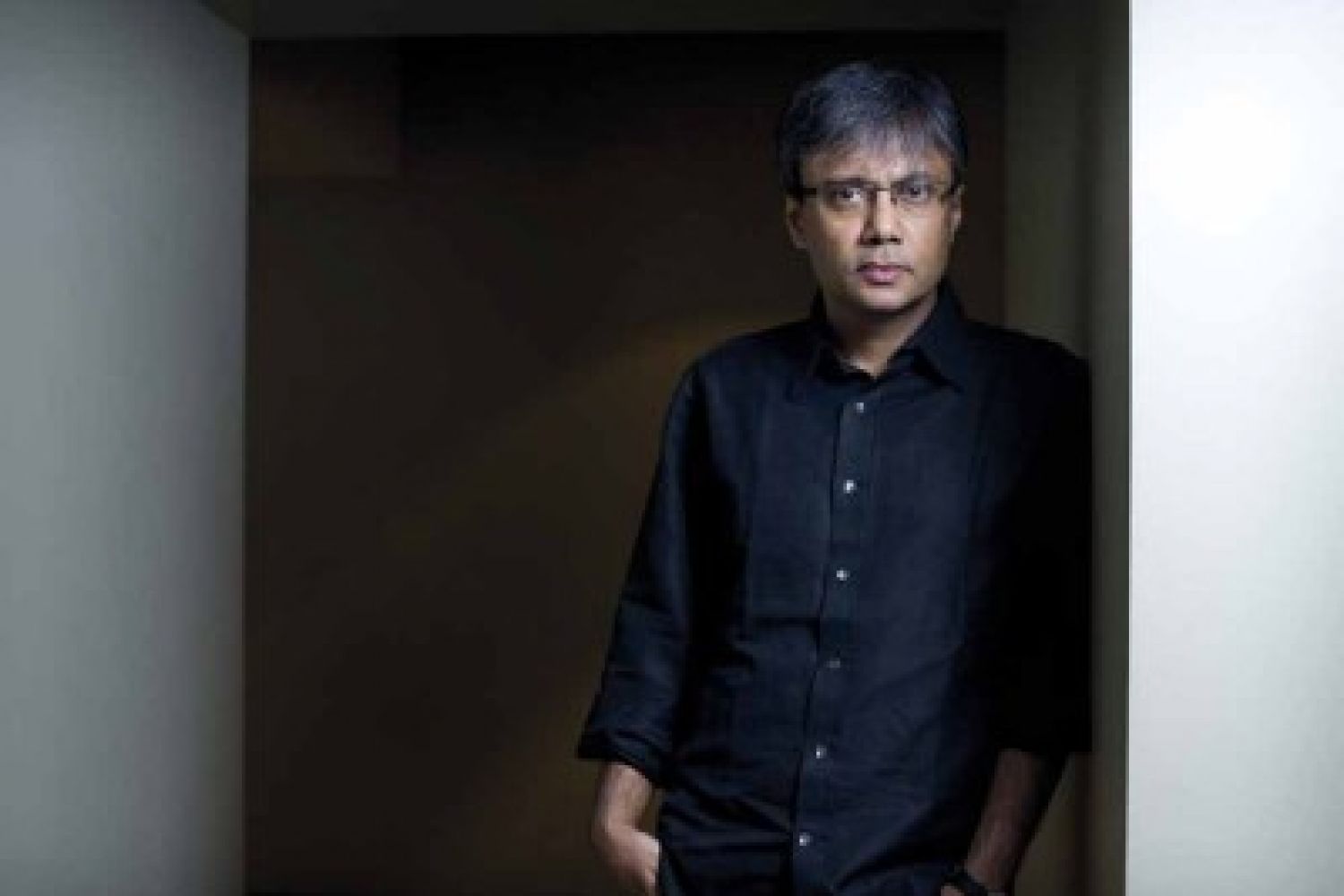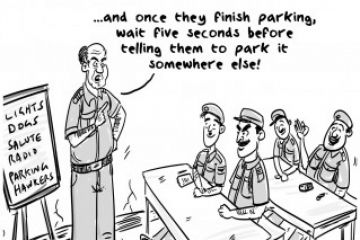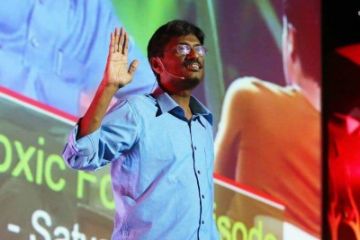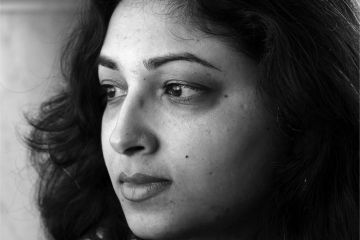
The first thing Amit Chaudhuri confessed to me when I arrived
to interview him, almost before I was within earshot, was his low tolerance for
the bucolic: “Can we go somewhere less bucolic for lunch?” As can be reasonably
expected of someone who studied in Oxford and Cambridge, and teaches a few
months a year at Norwich, Amit Chaudhuri is not fond of bucolic places; neither
is he prone to romanticising cities that carry the reek of sewage and sweat,
and sprout ugly buildings climbing ov
Continue reading “People in India always back down”
Read this story with a subscription.





